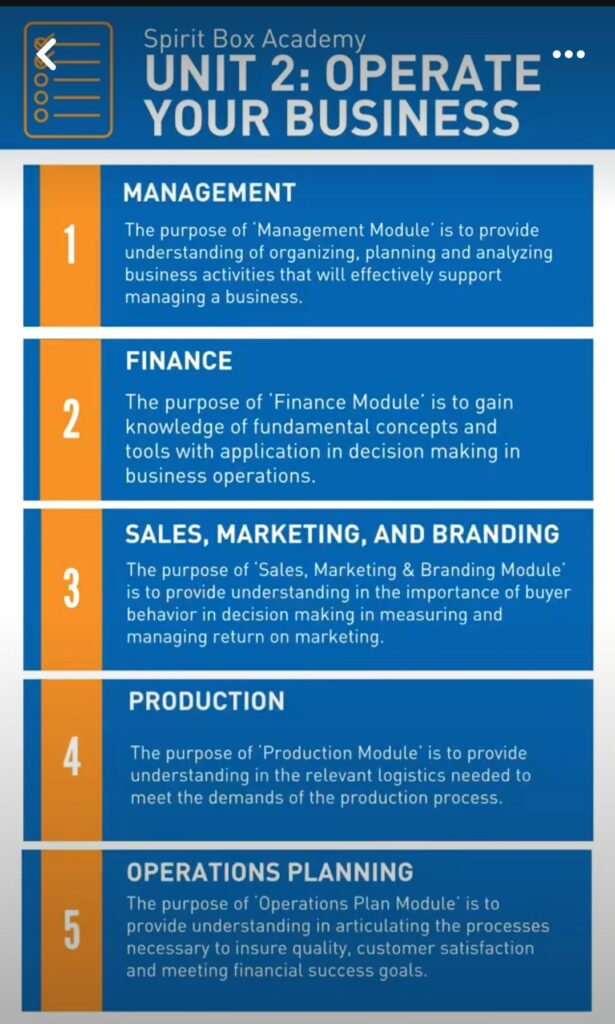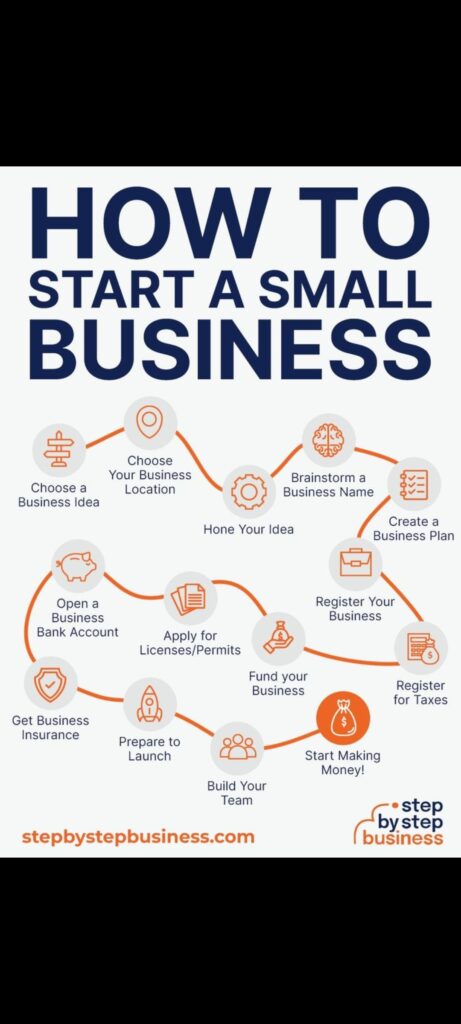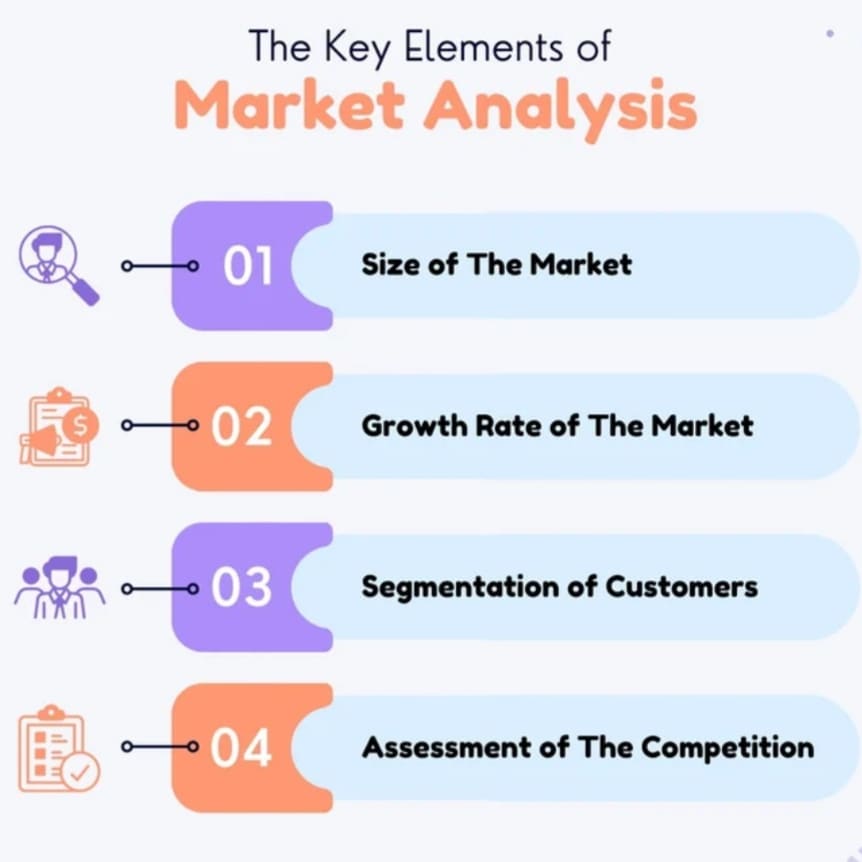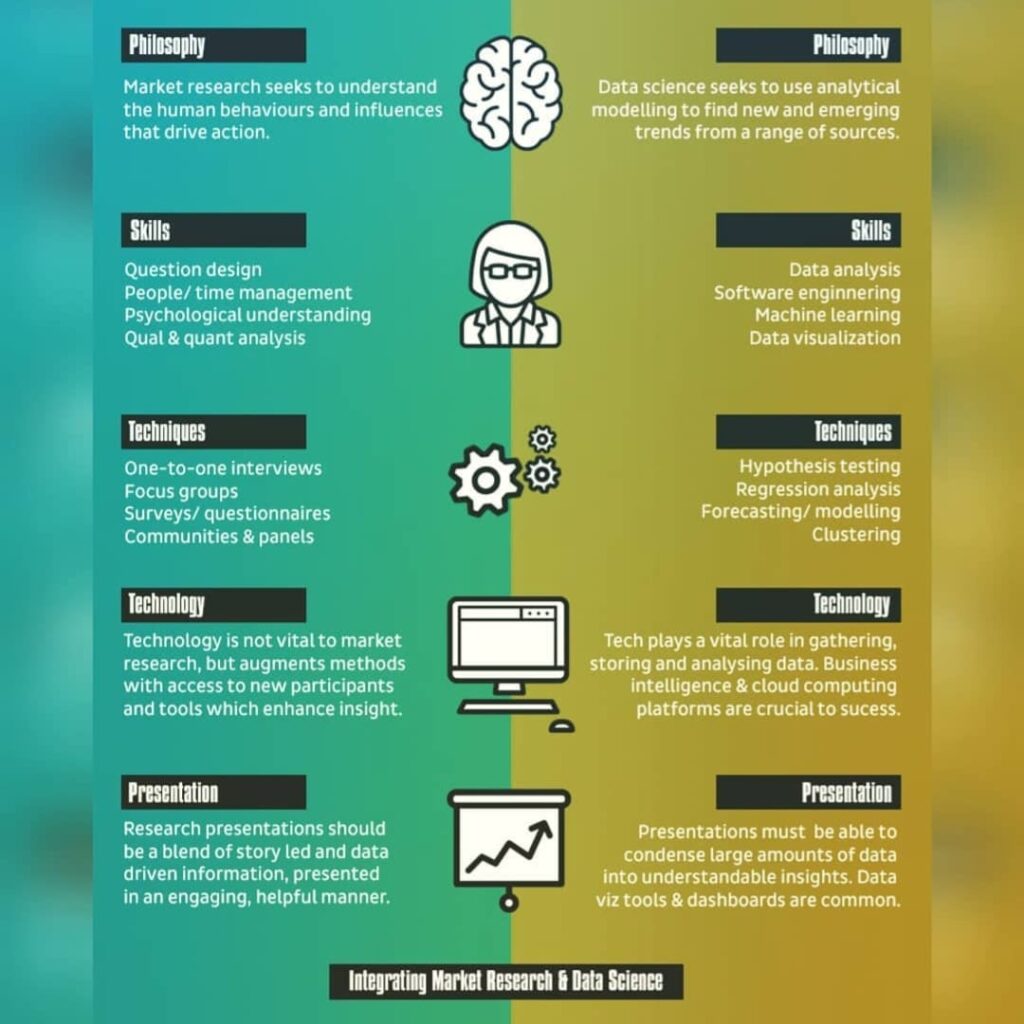In the world of startups, market research is one of the most critical steps toward building a successful business. It provides essential insights into your target audience, competitors, and overall market conditions. Without it, startups risk launching products or services that may not resonate with their audience or fail to address their needs effectively.

2.Why is Market Research Important?
1.Understanding Your Audience
Market research helps you identify who your target audience is, their preferences, and what problems they face. With this knowledge, you can tailor your product or service to meet their needs and increase the chances of success.
2.Assessing Market Demand
It helps determine whether there is a demand for your product in the market. Knowing market size, trends, and potential growth ensures that you invest in areas with potential for profit.
3. Reducing Risks
Investing time in understanding the market can help mitigate risks. By identifying potential challenges and pitfalls, startups can avoid costly mistakes and refine their approach.
4. Identifying Competitors
Market research allows you to analyze your competition, understanding their strengths, weaknesses, and strategies. This knowledge will help you position your startup uniquely and identify gaps in the market.
5. Supporting Data-Driven Decisions
Research provides data that can guide business decisions, whether it’s about pricing, marketing channels, or product development. Decisions based on data are more reliable than those based on assumptions or guesses.

3.How to Do Market Research for a Startup?
1. Define Your Objectives
Start by determining what you want to learn from the research. Are you interested in understanding customer preferences, market trends, or your competitors? Having clear objectives will help guide your research efforts.
2. Identify Your Target Audience
Create buyer personas that represent your ideal customers. Segment your audience based on demographics, behavior, preferences, and pain points. This will help you focus your research on the right people.
3. Conduct Primary Research
Primary research involves gathering data directly from potential customers. You can use methods such as: – **Surveys**: Use online tools to create surveys and collect feedback. – **Interviews**: Speak directly to potential customers to get a deeper understanding of their needs. – **Focus Groups**: Engage a small group of people to discuss their opinions and experiences related to your product or service.
4. Perform Secondary Research
This involves analyzing existing data that is already available, such as: – **Industry Reports**: Analyze reports published by industry experts. – **Competitor Analysis**: Review your competitors’ websites, product offerings, and customer reviews. – **Market Trends**: Explore industry trends, economic data, and consumer behavior studies to identify opportunities and challenges.
5. Analyze Your Competitors
Study the strengths and weaknesses of your competitors. Look into their customer base, marketing strategies, and product positioning. Use tools like SWOT analysis (Strengths, Weaknesses, Opportunities, Threats) to organize your findings.
6. Use Online Tools for Insights
Tools such as Google Trends, SEMrush, and social media analytics can provide valuable data on customer search behavior, competitors’ performance, and market trends.
7. Test Your Ideas
Once you have gathered enough data, create a prototype or minimum viable product (MVP) and test it with a small group of your target audience. Collect feedback and make necessary adjustments before a full launch.
8. Analyze and Apply Findings
After collecting and analyzing data, use it to guide your strategy. Whether it’s tweaking your product design, adjusting your pricing, or refining your marketing efforts, make sure your decisions are based on the insights you’ve gained from research.
Conclusion.
Market research is a non-negotiable step for startups aiming to thrive in today’s competitive environment. It helps in understanding the market landscape, identifying customer needs, and making informed decisions that can shape the future of your business. By conducting thorough market research, startups can reduce risks, innovate effectively, and position themselves for long-term success





Leave a Reply